Health
-

Six cancers rising faster in younger adults than older ones
Large new global study fuels growing concern over trend of increases in several types

-

What’s next for GLP-1s?
Scientists eye new treatment targets for popular weight-loss drugs, from heart failure to addiction
-

Pricey blockbuster GLP-1s are costing users — and most of the rest of us, too
Health insurers are passing along cost for coverage in form of higher rates across the board, policy researcher says
-

Drinking 2-3 cups of coffee a day tied to lower dementia risk
Caffeinated tea also found to slow cognitive decline in study

-

New AI tool predicts brain age, dementia risk, cancer survival
Unlike other AI models, BrainIAC needs limited data to ID key neurological health indicators

-

It’s time to get more comfortable with talking about dying
Palliative care physicians offer advice for end-of-life conversations between patients, loved ones
-
Siddhartha Mukherjee on Aristotle, COVID, and the ‘new human’
Pulitzer Prize-winning physician-author Siddhartha Mukherjee returns with “The Song of the Cell.”

-
Is pandemic finally over? We asked the experts.
Harvard faculty discuss changes to views on school, work, winter’s likely surge, danger of “lethal inflexibility.”
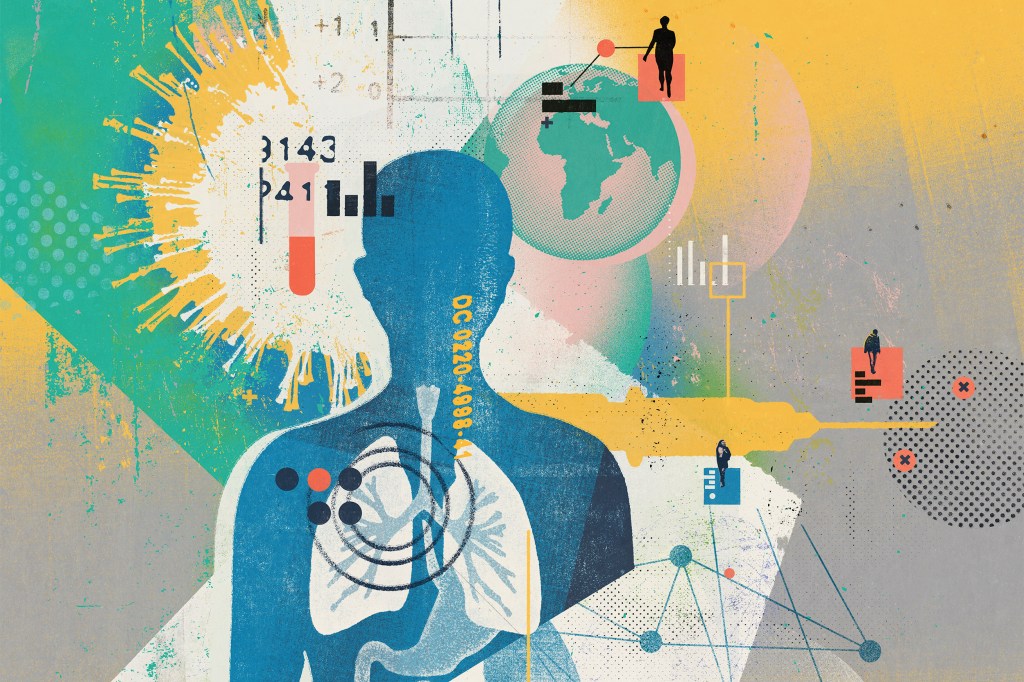
-
Building ‘bravery muscles’ to fight rising anxiety among kids
Harvard psychologist says pandemic worsened trend and screening, early intervention key to avoiding bigger problems.
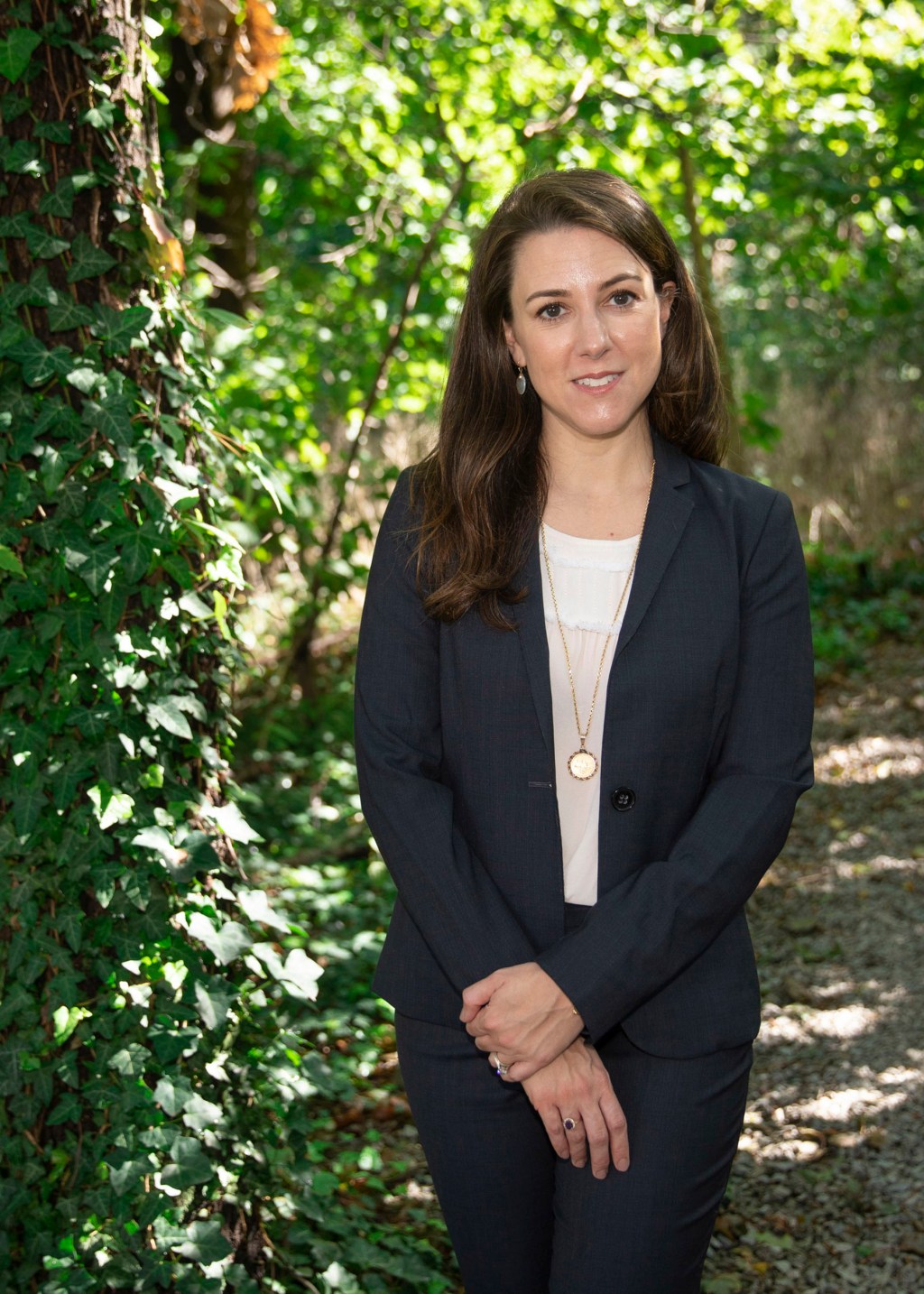
-
Late-night eating and weight gain
A new study explains that when we eat significantly impacts our energy expenditure, appetite, and molecular pathways in body fat.

-
What makes us human? It’s all in the hips
Study shows how pelvis takes shape and what genes orchestrate the process.
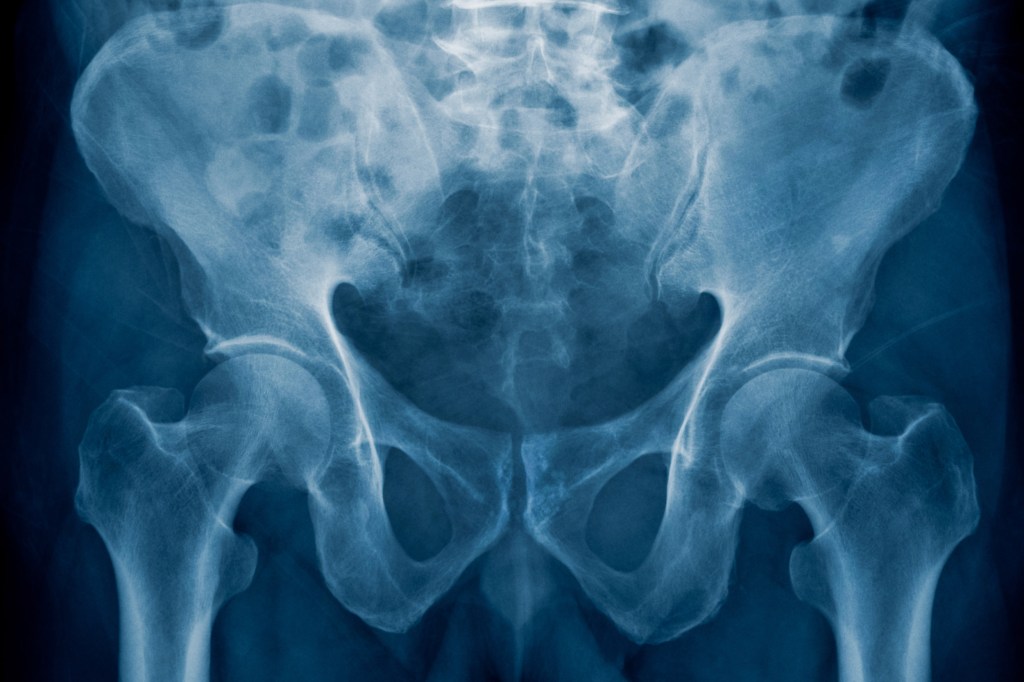
-
Parents are so wrong about teenage sleep and health
Harvard-affiliated study upends common myths around melatonin, weekends, school start times.

-
Forget the sedatives, I’ll take some VR
Study of hand-surgery patients suggests “immersive experience” can curb need for drugs, cut hospital stay.

-
Why are young people so miserable?
A Harvard-led study examining measures of well-being showed younger adults had the lowest scores of any age group.

-
Breast cancer findings ‘suggest a new set of criteria for avoiding radiation’
Emerging research suggests following surgery with medication may produce similar results for patients as young as 55.
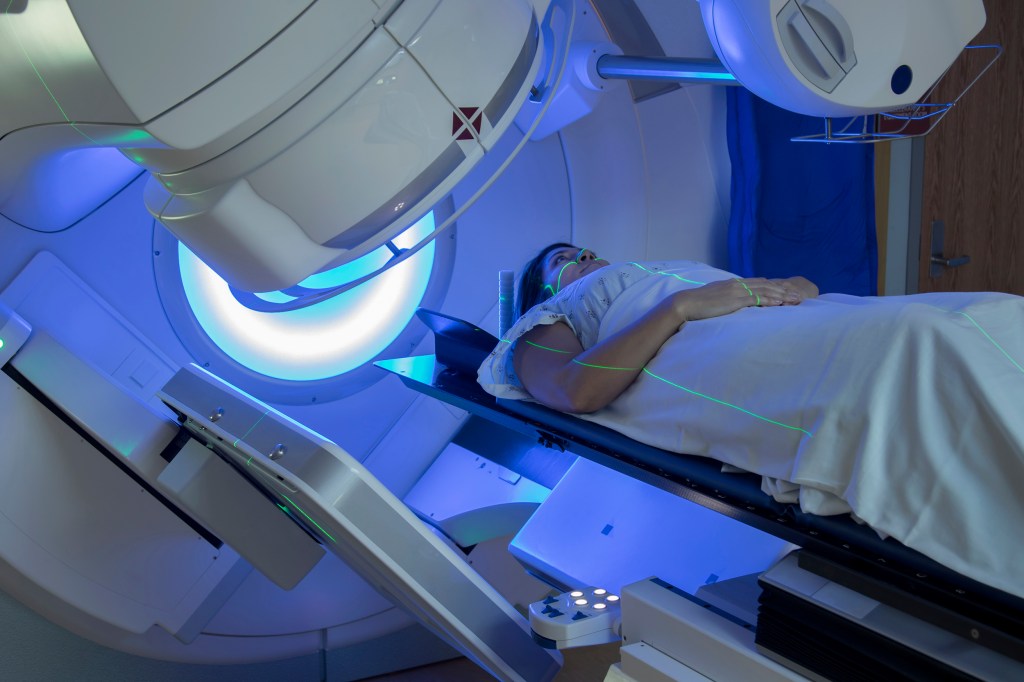
-
Restricted airways, scarred lung tissue found among vapers
Study is first to microscopically evaluate the pulmonary tissue of e-cigarette users for chronic disease.

-
Dramatic rise in cancer in people under 50
Altered microbiome, lack of sleep seen as possible culprits in 30-year global increase among under-50 adults
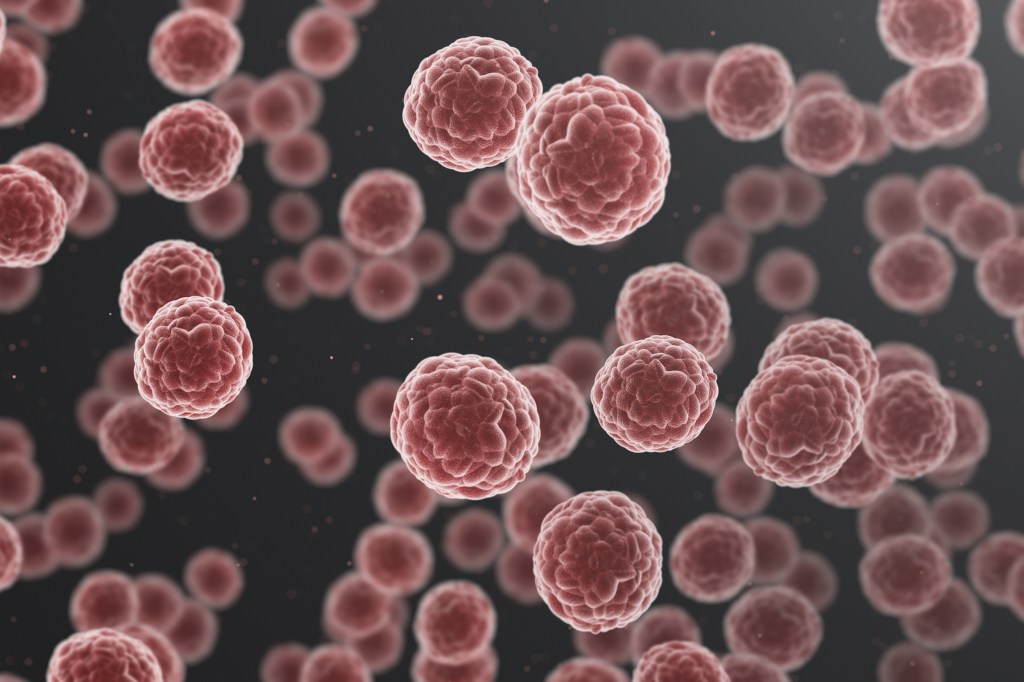
-
How to reduce health risks from a gas stove
If you have a gas stove taking a few steps can help protect your household.

-
Nurse practitioners fill care gaps amid surge in mental health demand
As demand for mental health care soars, nurse practitioners help offset drop in psychiatrists accepting insurance, study finds.

-
Psychological, not physical factors linked to long COVID
Depression, anxiety, worry, perceived stress, and loneliness measured before infection with COVID-19 were associated with up to 45 percent increased risk of developing long COVID.

-
Demystifying Parkinson’s
Vikram Khurana discussed recent advances and new, individualized approaches to Parkinson’s, as well as implications of the recent findings.
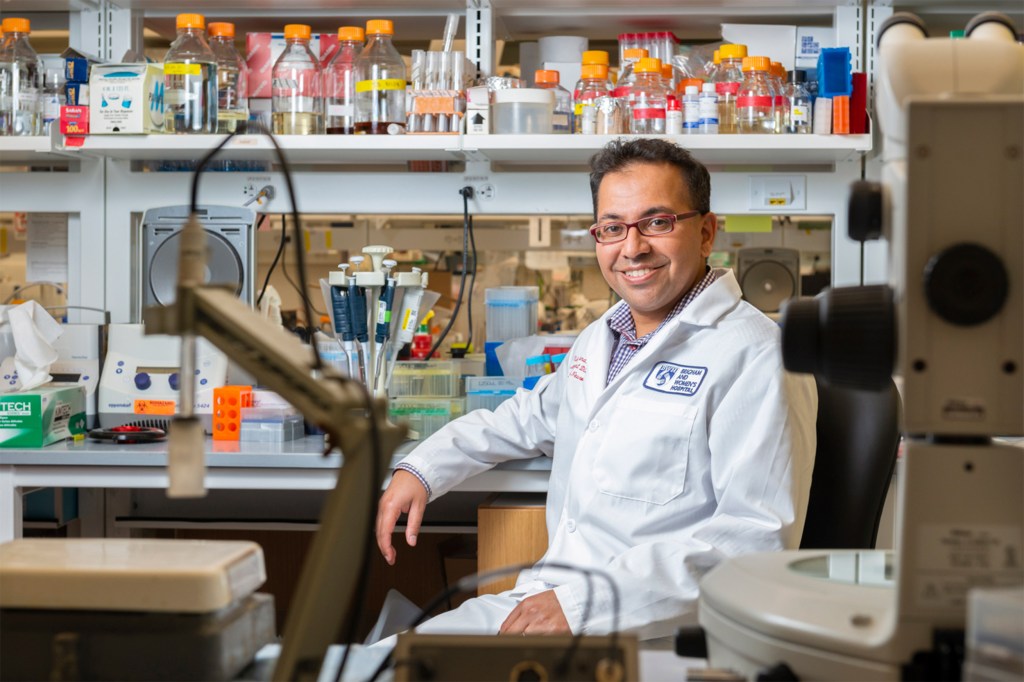
-
Study reveals fentanyl’s effects on the brain
Researchers have learned that fentanyl produces a specific EEG signature, which could allow clinicians to monitor its effects to enable safer, more personalized administration during and after surgery.

-
Being good for goodness’ sake — and your own
A Harvard Chan School study associated high moral character with lower depression risk as well as potential cardio benefits.

-
Diabetes drugs may reduce cardiovascular deaths
Drugs originally developed for the treatment of Type 2 diabetes were found to reduce cardiovascular deaths and heart failure events among patients.
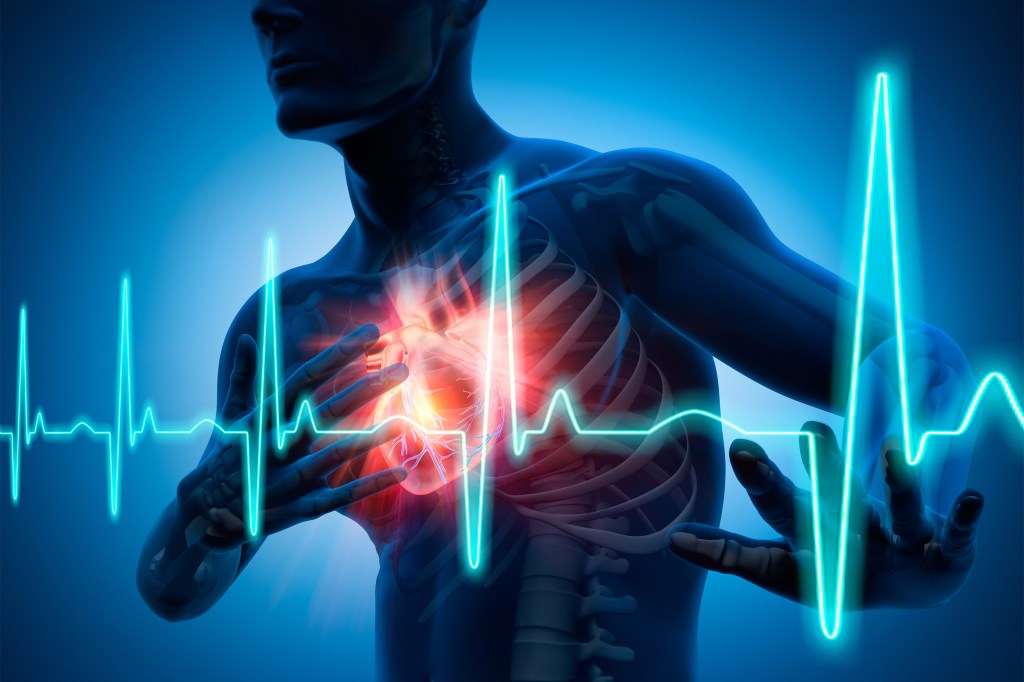
-
Using AI as a pandemic crystal ball
MGH, Broad researchers develop Big Data tool that can predict which COVID variants will likely become dominant.

-
Racial discrimination during COVID led to rise in depression
Those who experienced discrimination early in the pandemic had increased odds of moderate to severe depression and suicidal ideation, compared to those who reported no discrimination.

-
Surgeries fail to return to pre-pandemic levels
Reductions in surgical procedures precipitated by SARS-CoV-2 have not fully returned to their pre-pandemic levels, resulting in severe backlogs and deferred surgeries.

-
New hope for easing stigma and isolation of hearing loss
Audiologist says FDA green light for over-the-counter devices has potential to drive down cost, increase access and innovation.
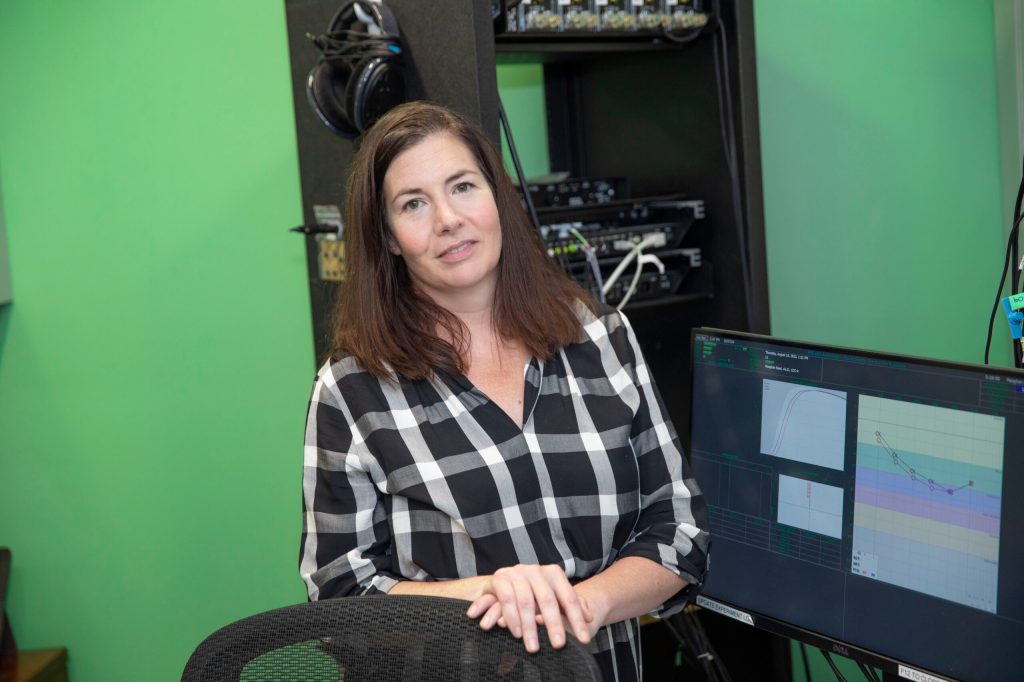
-
Polio is back in the spotlight
News reports about polio’s return worry parents. An expert explains the two types of poliovirus and the importance of herd immunity.
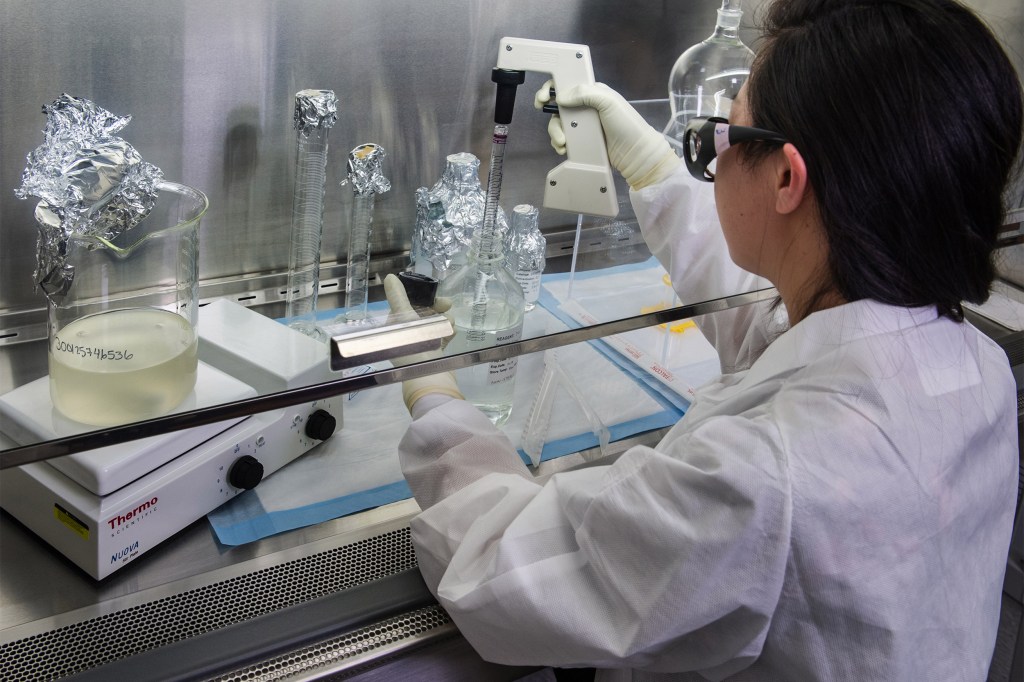
-
Turns out you likely don’t need vitamin D supplements for strong bones
Major study by Harvard professor upends idea large doses are needed by otherwise healthy older adults.
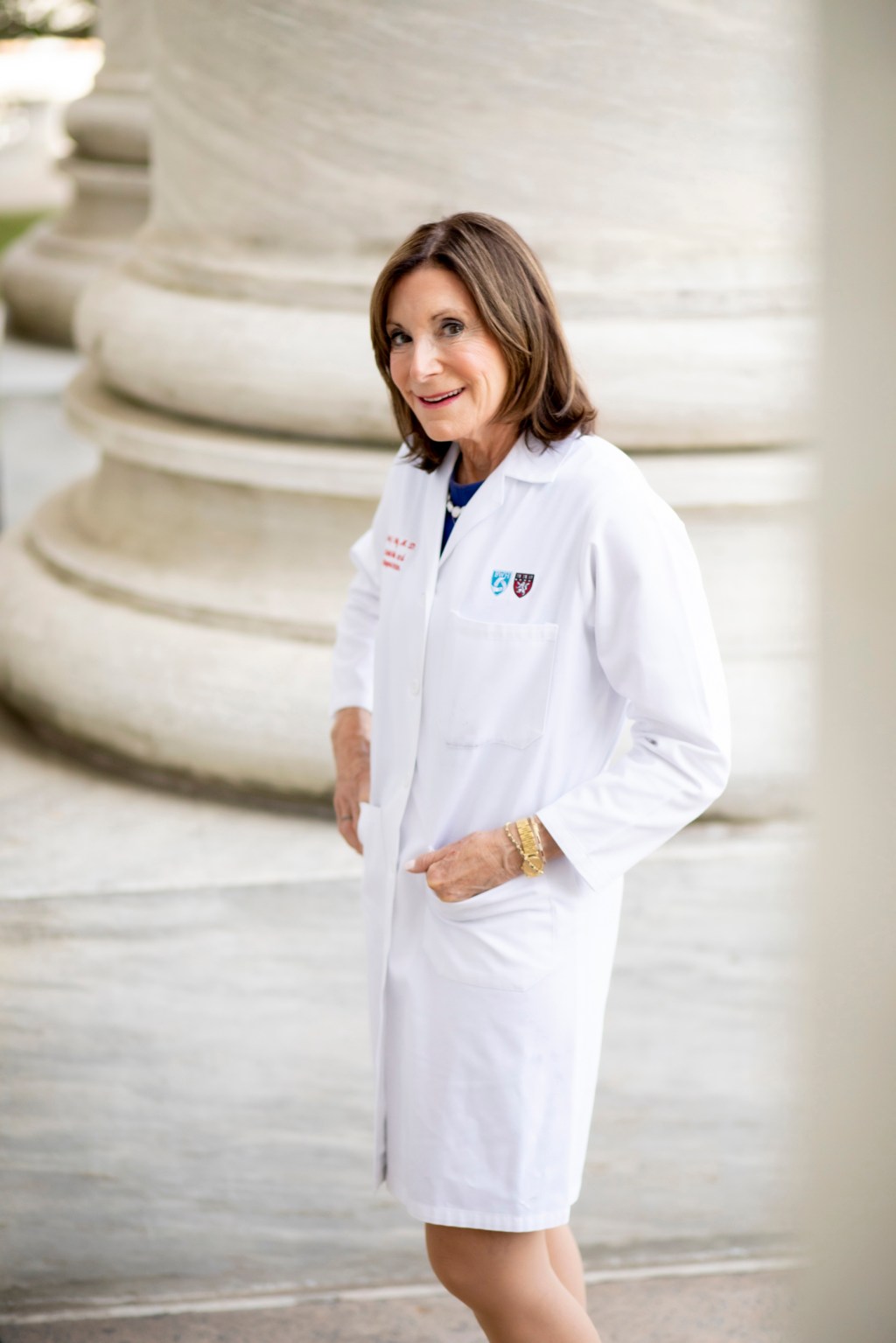
-
Integrity may be good for your health
Study links ‘strong moral character’ traits with reduced risk for depression, anxiety, and cardiovascular disease.

-
How America’s ageism hurts, shortens lives of elderly
Becca Levy ‘92, Ph.D. ’95 examines hidden stereotypes of aging, their insidious effects in excerpt from her new book

-
Taking second look at daily multivitamins
“Most people would be better off just drinking a full glass of water and skipping the vitamin,” says Pieter Cohen, an associate professor of medicine at Harvard Medical School.
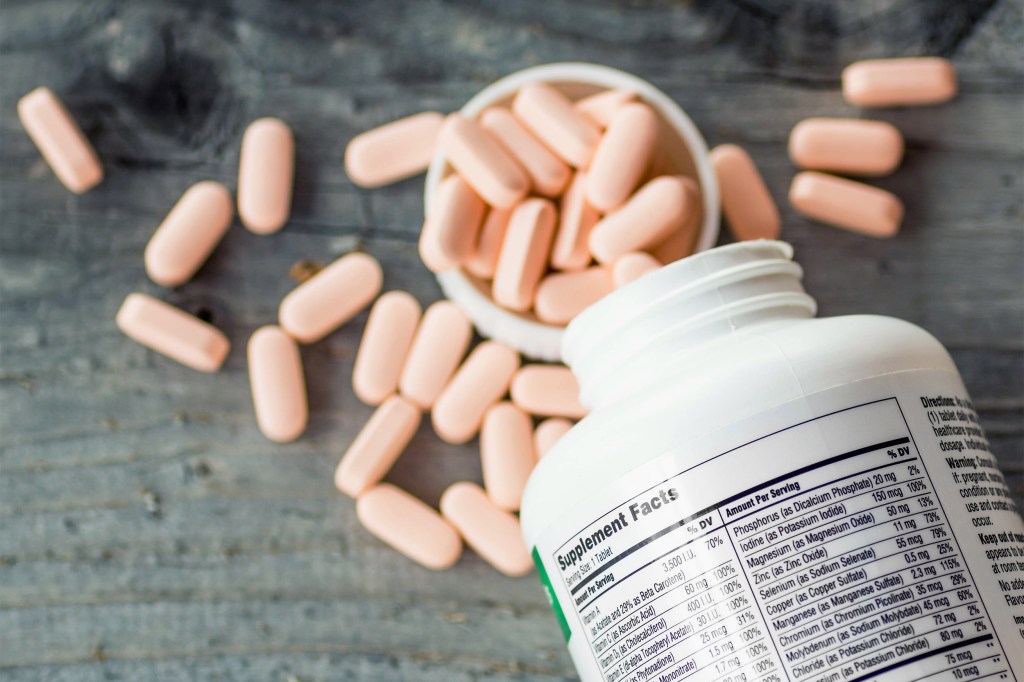
-
The brain that defied Alzheimer’s
The brain of a woman with a family history of early-onset Alzheimer’s disease who lived dementia-free into her 70s is providing researchers with important information about the pathobiology of Alzheimer’s dementia and possible ways to prevent or treat it.
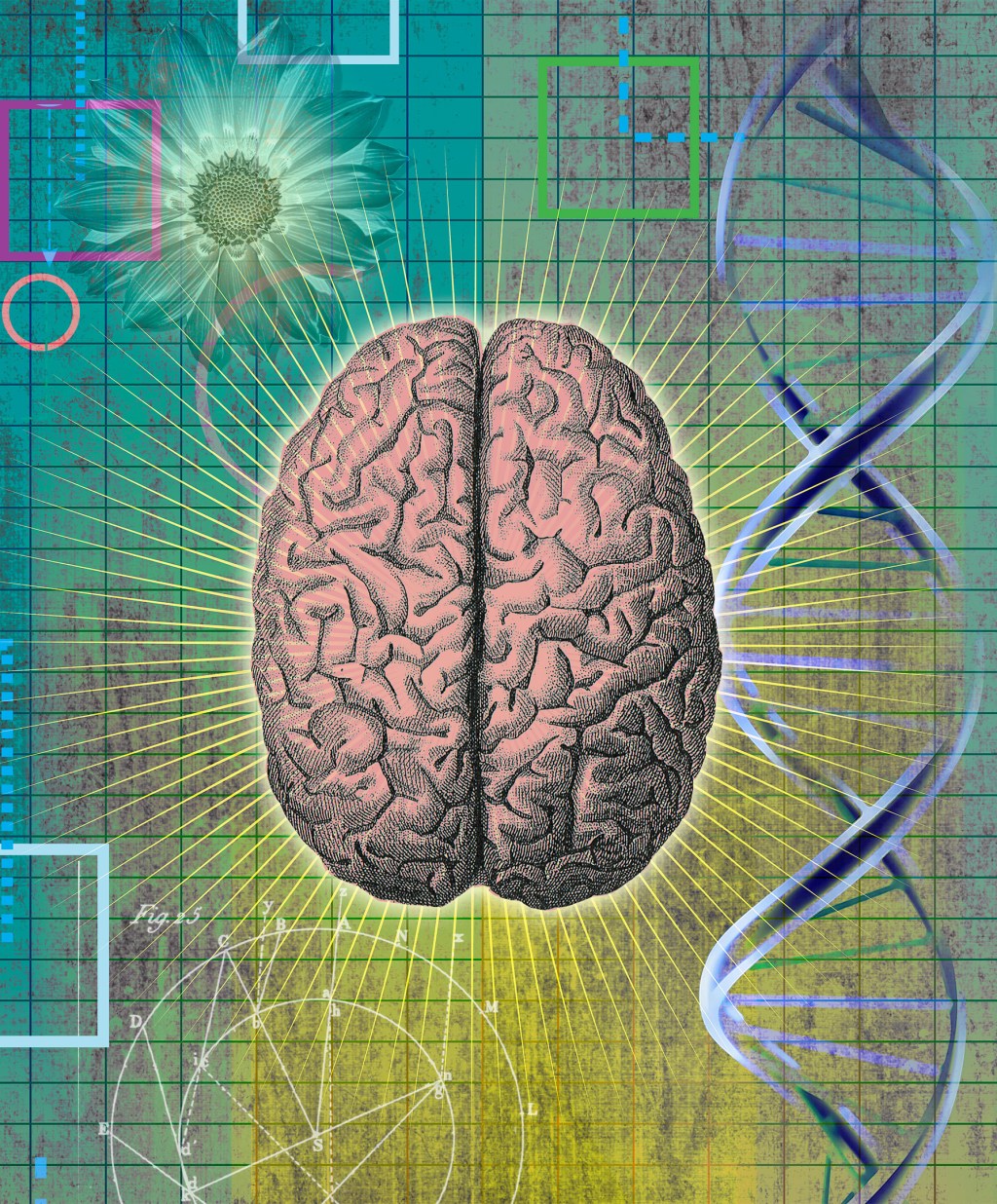
-
Gorge today, sweat tomorrow? That’s not how it works.
Researcher I-Min Lee outlines fresh data showing that you can’t outrun a bad diet.

-
Eating fish linked to skin cancer risk
In a new study researchers determined that people who eat about 2.6 servings of fish per week have a higher risk for the skin cancer melanoma.



